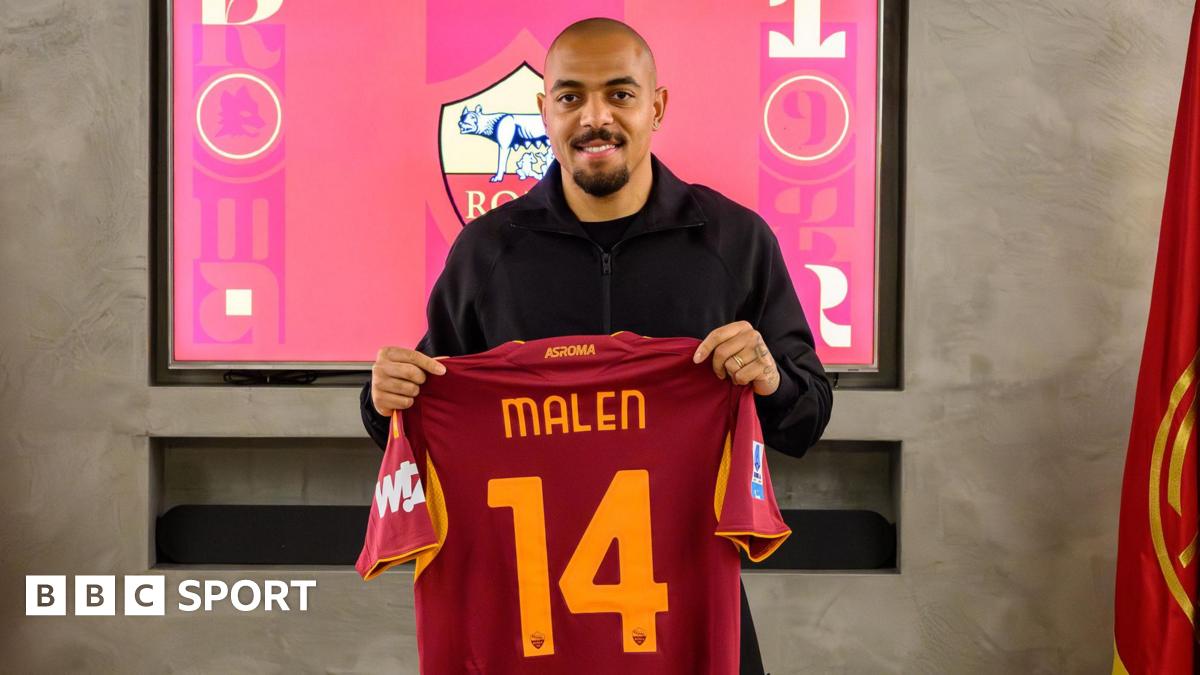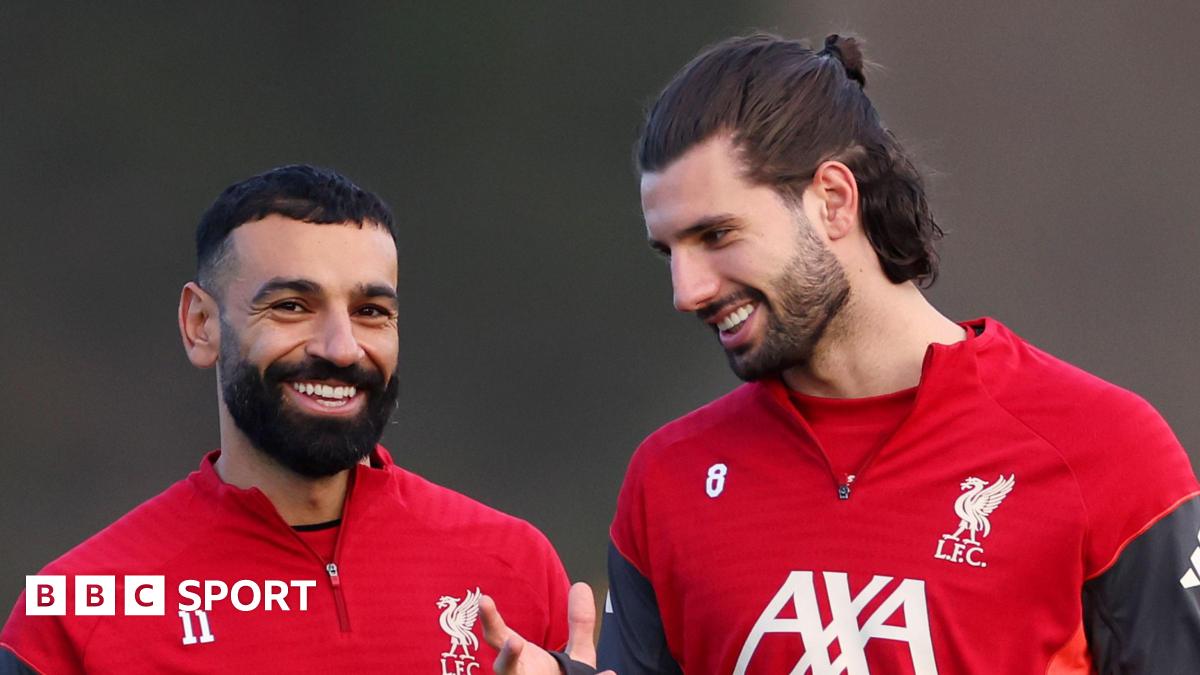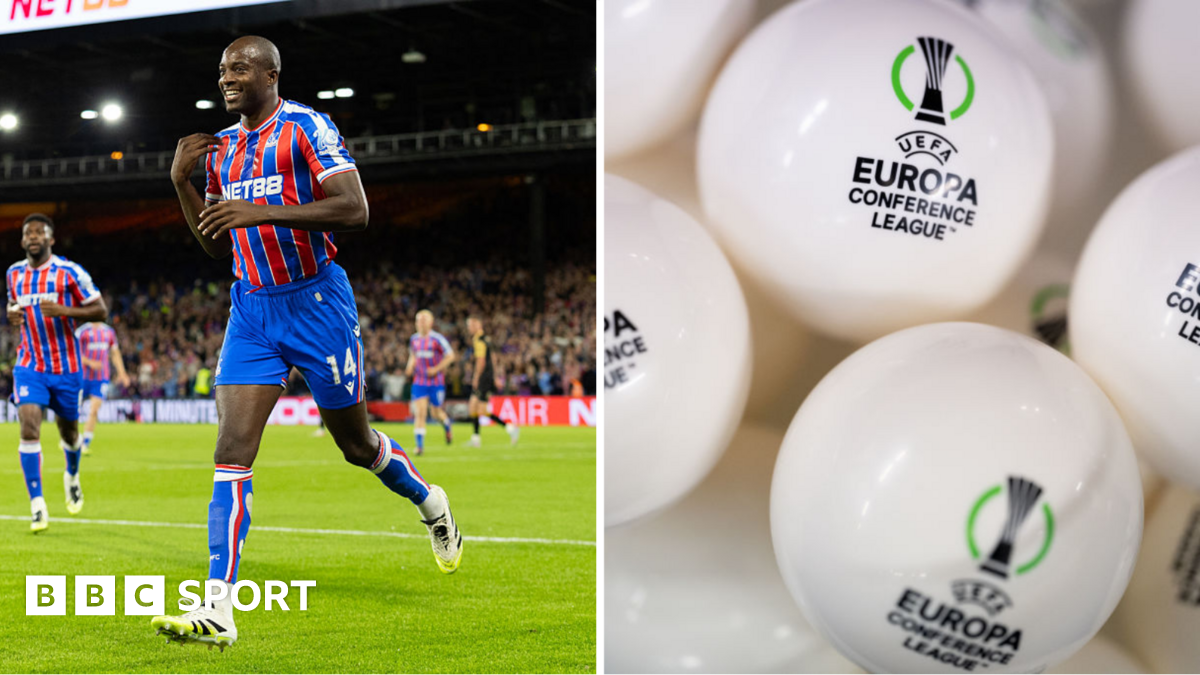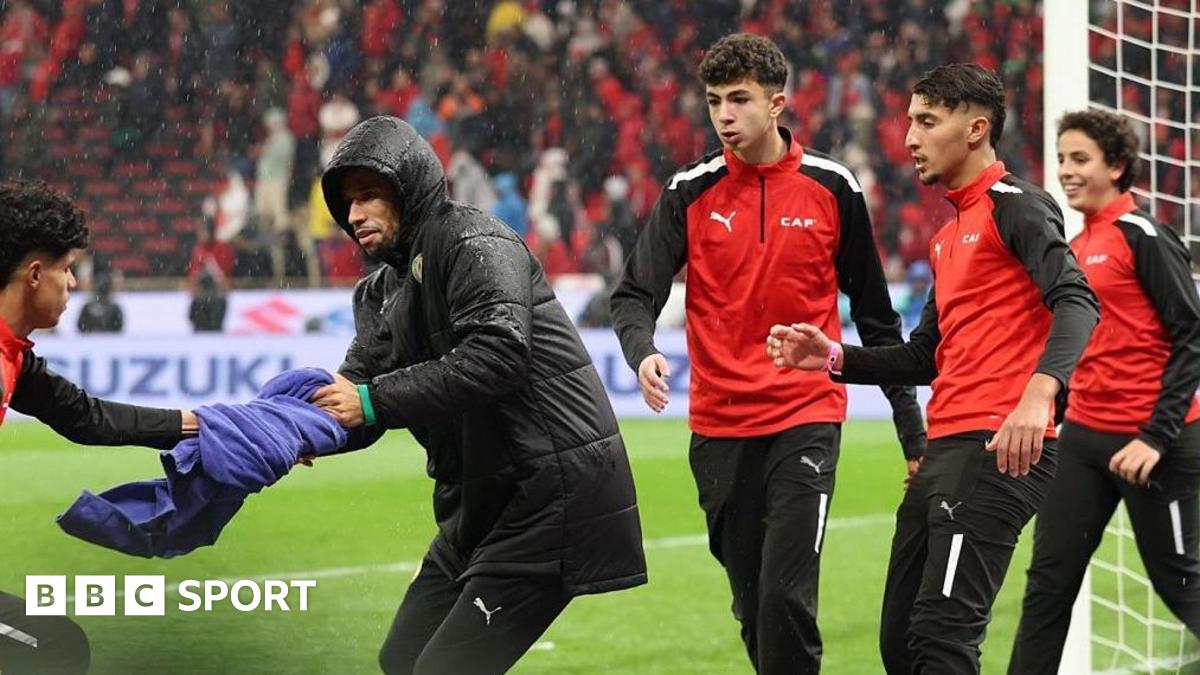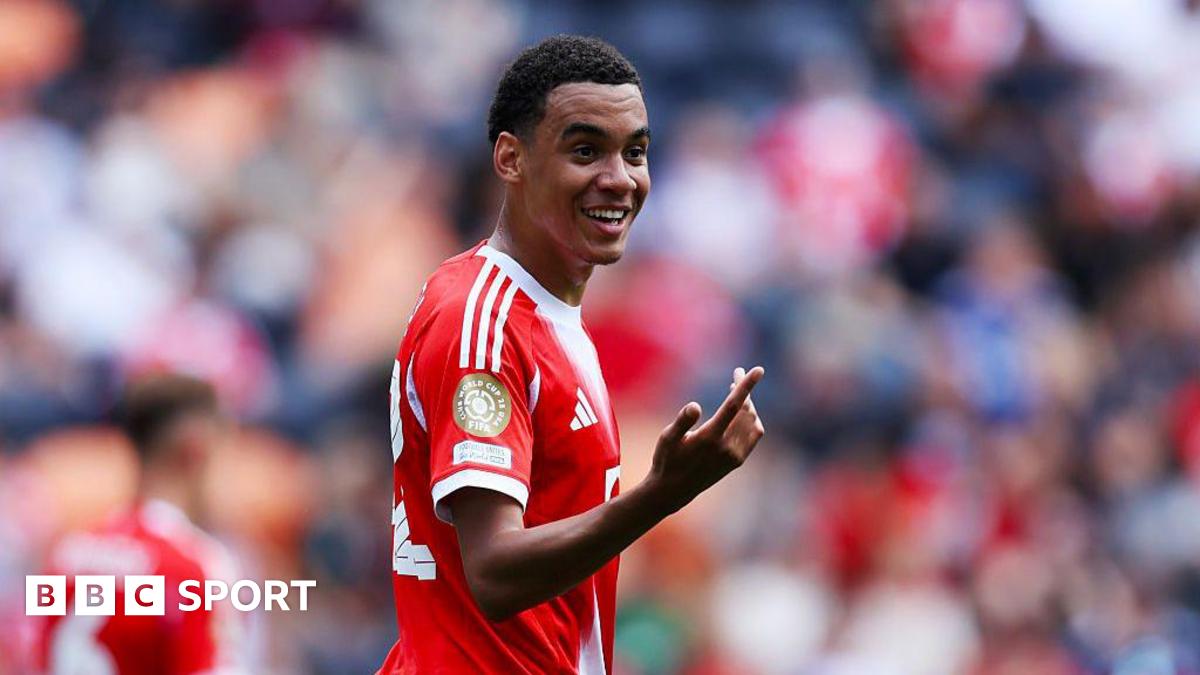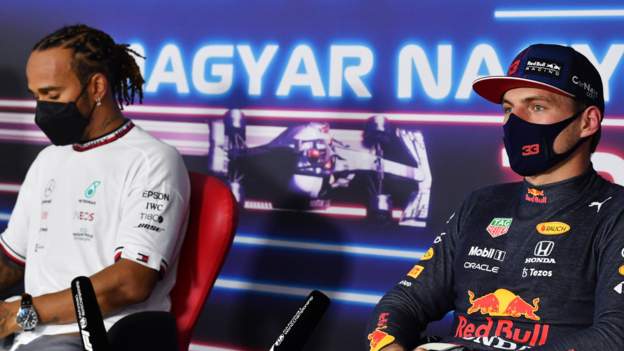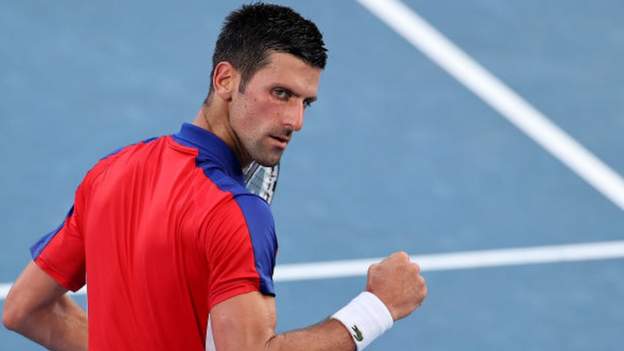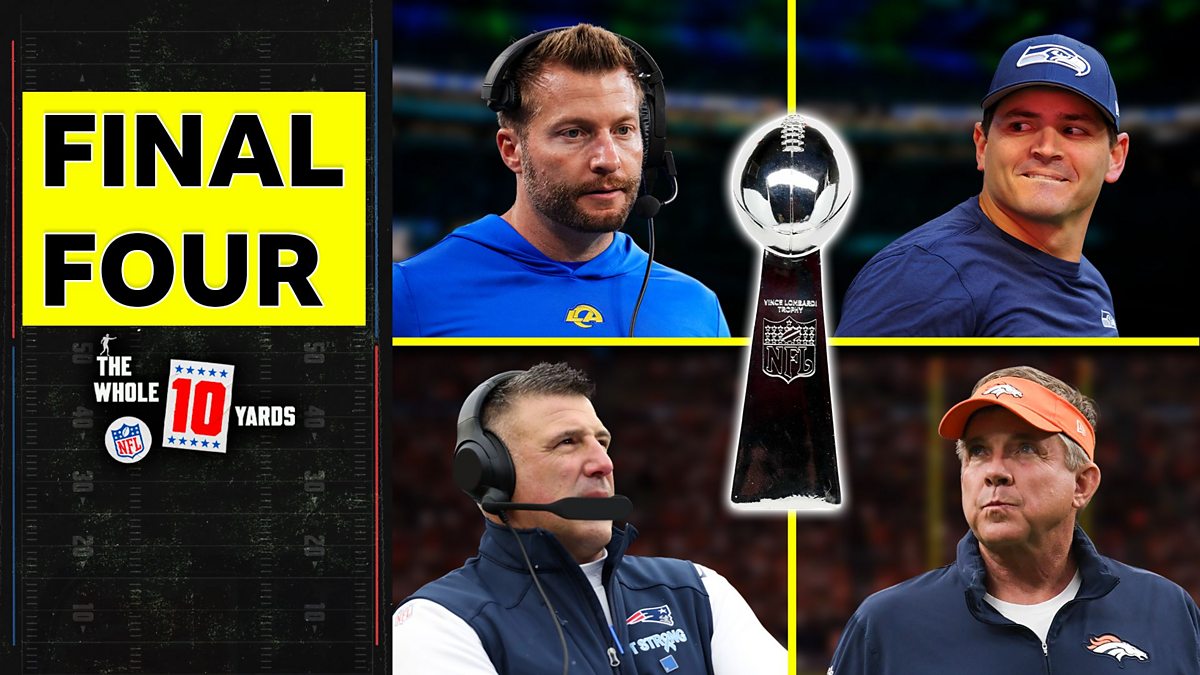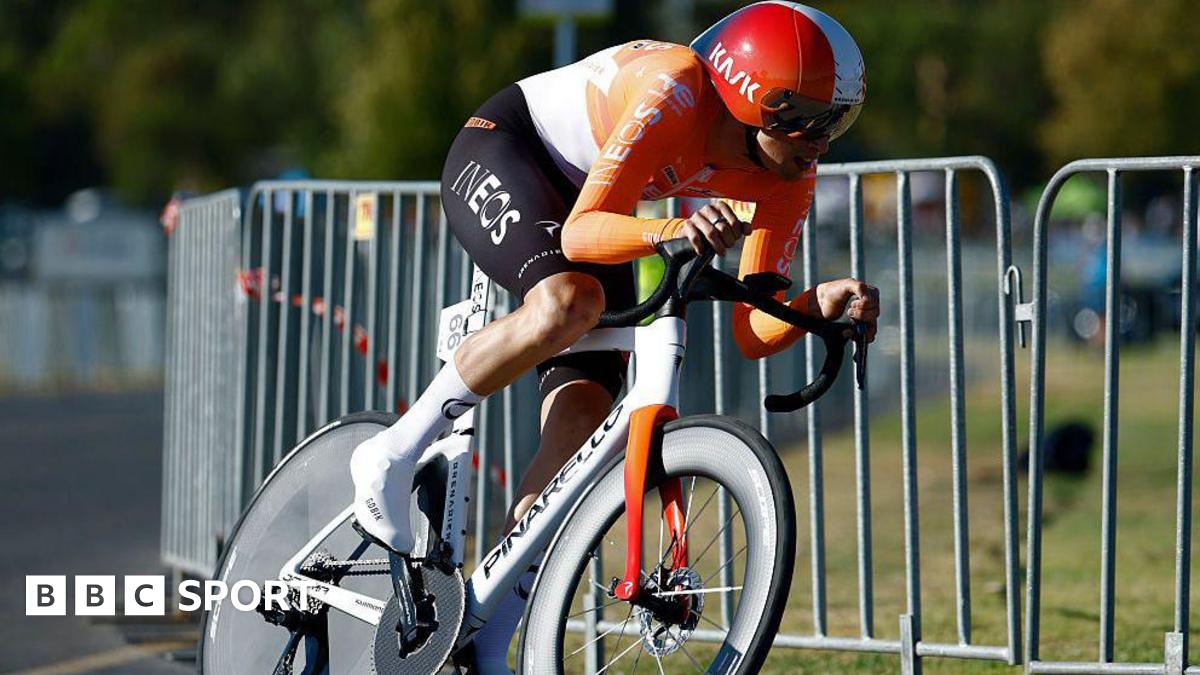Two weeks after the event, the fall-out from the collision between Lewis Hamilton and Max Verstappen at the British Grand Prix dominates this weekend’s race in Hungary.
The two men start the grand prix two places apart, Hamilton’s Mercedes on pole position and Verstappen’s Red Bull third, with the Dutchman eight points ahead in the championship, and amid a bitter atmosphere of accusation and counter-accusation between their two teams.
On Thursday, Red Bull failed in their attempt to force a stiffening of Hamilton’s punishment for the incident, but their submission to the stewards contained a number of inflammatory claims.
Among them, Red Bull wrote that Hamilton “knowingly did not avoid contact with Max’s car” in the incident.
Red Bull deny that this is an accusation that Hamilton crashed into Verstappen on purpose, and referred BBC Sport back to team principal Christian Horner’s claim in the news conference on Friday that “we didn’t at any point say in our submission that it was a deliberate action”.
Another part of Red Bull’s submission deals with Mercedes F1 boss Toto Wolff’s visit to the stewards at Silverstone while they were deliberating over how to deal with the incident.
The team raise the question of whether “the stewards were persuaded to seek his advice in making the decision on account of the standing his team and his driver purport to hold with the FIA”.
The stewards – who were reconvened to hear Red Bull’s ‘right of review’ claim – took a dim view of that.
This apparent thinly veiled accusation that they might have been influenced by Mercedes is what they were referring to in their rejection document on Thursday when they said they “noted with some concern certain allegations made in the competitor’s letter”.
Wolff has said he feels that Red Bull’s claims about the conduct of both Hamilton and the team were “below the belt”.
That is why Mercedes issued a statement on Thursday night, after the stewards had rejected Red Bull’s review request, in which they referred to “a concerted attempt by the senior management of Red Bull Racing to tarnish the good name and sporting integrity of Lewis Hamilton.”
“We wanted to bring a little bit of respect back to the discussion,” Wolff said. “We understand that emotions can run high and it is always a matter of perspective and perception, but we felt that that line was overstepped.”
Horner described Mercedes’ statement as “a little antagonistic”, and insisted: “At no point did we question the objectivity of the FIA.”
He said that Red Bull raised the question that “the [stewards’] objectivity could be prejudiced if you’re influenced by a competitor going in with data prior to a decision being made”.
But he said: “We were assured it had no influence on the decision-making”. And he said that the hearing, together with a clarification from the FIA last week making it clear teams risked penalties if they approached the stewards without an invite or summons, had “dealt with any of our concerns”.
“We feel we had a fair hearing,” Horner said. “The stewards felt that it wasn’t new evidence under the confines of the regulations and so it wasn’t opened into another hearing. So, we accept that.
“This competition is all about marginal gains and leaving no stone unturned. When you have an accident of that velocity and impact, then of course you’re going to make a full investigation. But as far as we’re concerned, the chapter is now closed.”
Mercedes’ and Red Bull’s rivals, meanwhile, are standing back and watching all this with a degree of dismay.
A number have told BBC Sport that they found Red Bull’s attempts to gather “evidence” against Hamilton somewhat questionable.
And some have mocked in private Red Bull’s decision to ask reserve driver Alex Albon to drive Hamilton’s line in a two-year-old car using demo tyres at a test at Silverstone a couple of days after the race, and use that as an argument in their submission that Hamilton would never have made the corner at the speed he was doing and the trajectory he was on.
Equally, while Horner has accused Hamilton of a “red-mist moment” and allowing the pressure of the occasion to cloud his judgement, questions have been raised about Verstappen’s driving, too.
Beyond the question of whether he should have allowed Hamilton more room given the Mercedes had a substantial part of his car alongside the Red Bull on the entry to the corner, there is the matter of Verstappen’s entry speed to Copse on the first lap of the race.
This, according to GPS data available to all teams, was 1.5km/h faster with Hamilton on his inside than it had been on his fastest qualifying lap the day before. Copse is taken flat-out in qualifying – but certainly not on the first lap of the race with a full tank of 100kg of fuel, even when a driver is on an ideal line, which Verstappen was not.
Asked about this, Horner said: “I think that would be physically impossible” and “I can’t believe [it] to be true based on all the analysis we have looked at prior to the hearing”. The data is the data, though.
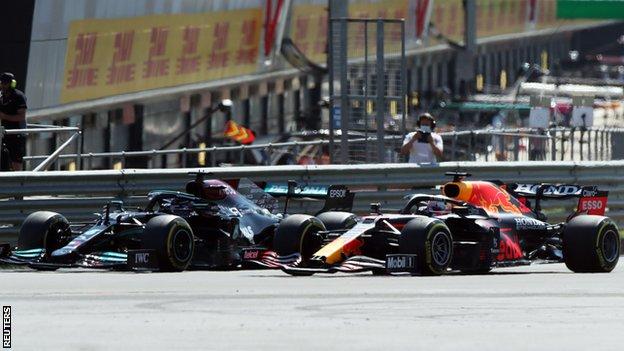
Looking forward to the race
Where does all this leave Hamilton and Verstappen heading into Sunday’s Hungarian Grand Prix? How will they now deal with their on-track battles in the wake of an incident in which neither backed down, and the result was one of them in the wall and the other winning the race and making huge gains in the championship as a result?
If either did something the stewards considered to be deliberate, as opposed to the organic outcome of tough racing, it is likely they would receive a severe punishment.
And neither can really afford an incident in which only one retires, such as that at Silverstone.
For one thing, it would hand the other a major advantage in the championship. But also, as Verstappen pointed out on Thursday, their cars are so far ahead of the rest that 10-second penalties are rather meaningless because they are largely recoverable, as Hamilton proved at Silverstone when he fought back to win the race.
Off track, at least, neither is giving any ground.
Are the gloves off now, Verstappen was asked on Thursday?
“I didn’t know the gloves were on,” he said. “Who fights with gloves? No, nothing changes from my side.”
“I would do it exactly the way I did it last [time],” Hamilton said. “In terms of how I have reviewed it or analysed, from all my experience. And my experience over the years speaks for a lot. I wouldn’t change it.”
On Saturday after qualifying, things seemed to be in danger of boiling over.
Thousands of Dutch fans in the grandstands booed Hamilton as he gave his post-qualifying interviews.
“I don’t take it to heart,” Hamilton said. “I must be doing something right.”
And when the official FIA news conference host tried to ask Verstappen how he was going to approach the race if he and Hamilton found themselves side by side on the first lap, Verstappen angrily interrupted him.
“Can we already stop about this?” he said, before swearing twice as he complained about the number of questions he had fielded on it on Thursday.
“We are racers and we will race hard but fair,” he concluded.
The pressure is mounting, on both of them.

